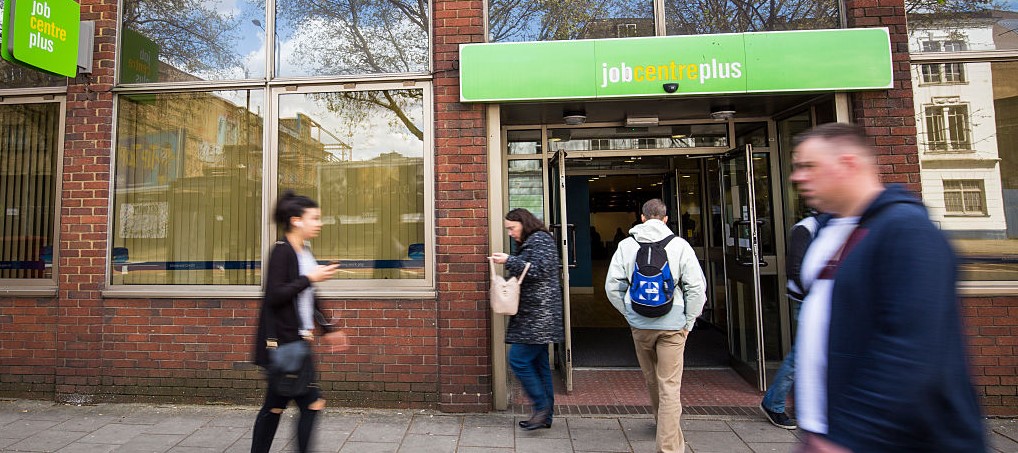Begging for more hours
The latest labour market data out today (August 16) paints a superficially rosy picture if you look at the headline figures — wage growth is higher than expected, unemployment is down yet again and zero-hours contracts continue to fall, albeit modestly by 20,000 in one year.
But a closer look at the figures shows that the reality for most working people is one in which families are struggling just to get by.
As the TUC points out, real wages — when you factor in the cost of living — have fallen for the fourth month in a row by a drop 0.5 per cent in the three months leading up to June.
“Rising prices and stagnant pay are a toxic combination for working people,” said TUC general secretary Frances O’Grady. “Ministers are sitting on their hands as another living standards crisis unfolds.”
Precarious work
And while many will welcome the slow but steady fall in zero-hours contracts to less than 1m, hidden beneath the official labour market data is an army of precarious workers who are in some form of insecure work or another, whether it’s zero or short hours contracts, temporary workers, those who are underemployed or those who are bogusly self-employed.
The GMB union estimated in June based on its own research that as many as 10m are in insecure work — that’s more than a third of the whole work force.
A new Cambridge University study out today (August 16) looks at the many millions who are at the mercy of their bosses for more hours.
The study’s authors estimate that there are 4.6m who regularly experience â€flexible scheduling’ and the toll this takes on their mental health and family life is devastating.
One of the study’s authors, Dr Alex Wood, embedded himself as a shelf-stacker as part of the study.
Wood discovered tense relationships with managers, to whom workers were at their sole mercy for more hours or hours scheduled that fit with their family responsibilities and social lives. Begging managers for changes to rotas to fit in child care or attend important family events was common.
He found that it was also common practice for managers to cut hours or change schedules on short notice — some workers would even work unpaid overtime just to curry favour with managers so that this wouldn’t happen.
Wood saw in one London store that a manager would actually encourage workers to beg for more hours. Most workers wanted more hours, but often the additional hours would not materialise despite managers’ vague promises.
One UK worker, Jackie, told Wood, “It’s strange because you speak to the staff and they say their department is short [of staff] but when you ask the manager they say â€there isn’t any at the moment but keep putting your name down for overtime’. I’m just getting a few hours here and there.”
‘Toxic’
Dr. Brendan Burchell, who also authored the study, explained that “manager-controlled flexible scheduling causes a huge amount of stress and anxiety for workers who are unable to plan their lives socially or financially as a result.
“The practice is both toxic and endemic in many UK sectors such as care and retail,” he noted. “Government reviews need to look far beyond just zero-hours contracts.
“The key issue is not simply the lack of any guaranteed hours. The employment contracts of millions offer little security around the hours they will be told to work in a given day, week or month, and how much notice they are given.”
Shift flexibility is becoming more common in the public sector after seven years of austerity, Wood notes, as the sector comes “under pressure to contain labour costs”.
“Those who have challenging schedules imposed on them at short notice are likely to experience worse mental health, typified by anxiety and feeling low,” said Wood.
Unite assistant general secretary Steve Turner agreed.
“Growing pressures on workers caused by flexible, insecure, low paid and often stressful work have a direct impact on mental health,” he said.
“We believe that the lack of control and stability over earnings, hours and family life caused by precarious work has a direct impact on a workers mental as well as physical health, a stable family life and overall life expectancy,” Turner added.
“This growing concern should be addressed urgently via the proper and adequate regulation of work via both collective bargaining with trade unions and government regulation”.
 Like
Like Follow
Follow

